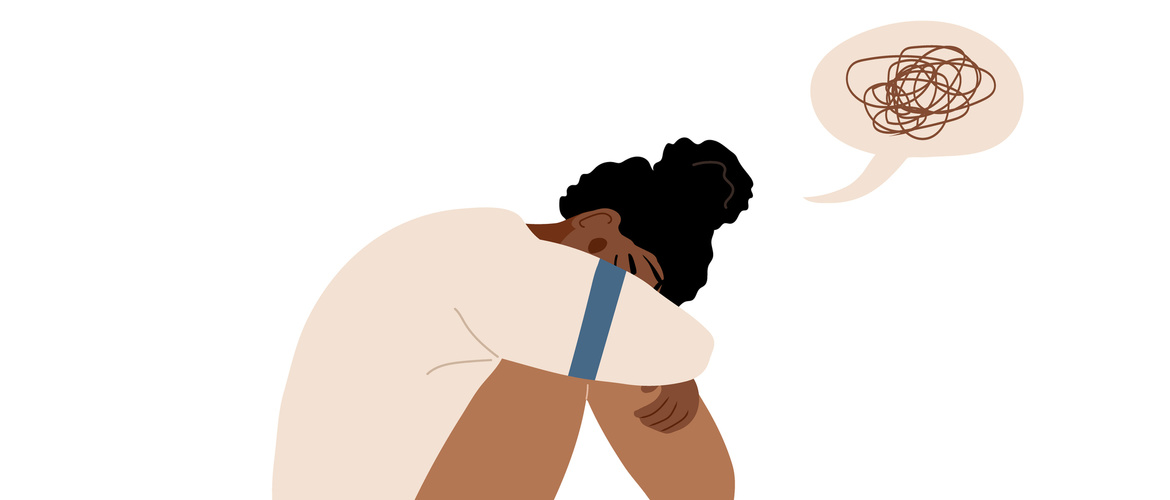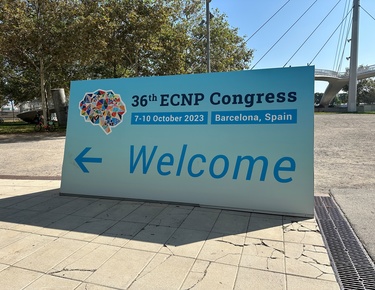
In an industry-sponsored symposium (Servier Laboratories), titled ‘Anxiety symptoms in depression: contemporary treatment approaches,’ Professor Malcom Hopwood (University of Melbourne, Melbourne, Australia), Professor Dan Stein (University of Cape Town, South Africa) and Professor Chia-Ming Chang (Chang Gung Memorial Hospital, Linko, Taoyan, Taiwan) discussed the topic of anxious depression including challenges with recognition, assessment and treatment for both healthcare professionals and patients themselves.
Anxious distress in depressive disorders
Globally, major depressive disorder (MDD) is one of the leading causes of disability.1 Within the category of depressive disorders, in DSM 5, anxious distress includes patients who experience episodes of at least two of the following: feeling keyed up/tense; feeling unusually restless; feeling difficulty concentrating due to worry; fear that something awful may happen; feeling loss of control.2
Many patients with MDD also experience anxious distress
Anxious distress may occur in the majority of people with MDD;3 however, Professor Hopwood discussed, patients may not be able to recall if anxious distress preceded onset of MDD and anxious depression may be hard to distinguish from an anxiety disorder.4
"It is important to recognise anxious distress", stressed Professor Hopwood, "as when it is present with MDD, longer times to remission5 have been shown and patients report poorer functioning and coping abilities than those without anxious distress".6 "With these in mind", he concluded, "recognition and treatment of anxious distress is key in people with MDD".
Pharmacotherapy for anxiety symptoms in MDD
According to Professor Stein, there are several ways a person can meet diagnostic criteria for MDD. Domains that need to be assessed include not only symptom profile and current stressors, but also early trauma and family history, personality traits, neurocognition, resilience, comorbidities, functioning, severity/staging and clinical subtype. Assessment also needs to take in factors such as social and material resources, occupation, family, abilities and intimate relationships and be culturally congruent.7
Within the diagnosis of MDD, anxious depression is associated with greater neuropathological findings, worse outcomes, greater MDD severity and increased suicidality. According to Professor Stein, taking these factors into account means treatment should be tailored accordingly.8
Anxious depresssion is associated with greater severity and worse outcomes in MDD
A large meta-analysis found that not one antidepressant medication stands out as being more efficacious or better tolerated for such.9 Analysis of studies of combination treatment of medication plus psychotherapy found this more effective than either psychotherapy (relative rate [RR] 1.27, 95% confidence interval [CI] 1.14, 1.39) or pharmacotherapy (RR 1.25, 95% CI 1.14, 1.37) alone. Combined treatment was also more acceptable.10
MDD : major depressive disorder
DSM : Diagnostic and Statistical Manual of Mental Disorders
RR : relative risk
CI : confidence interval
BE-NOTPR-0205, approval date : 09.2022


